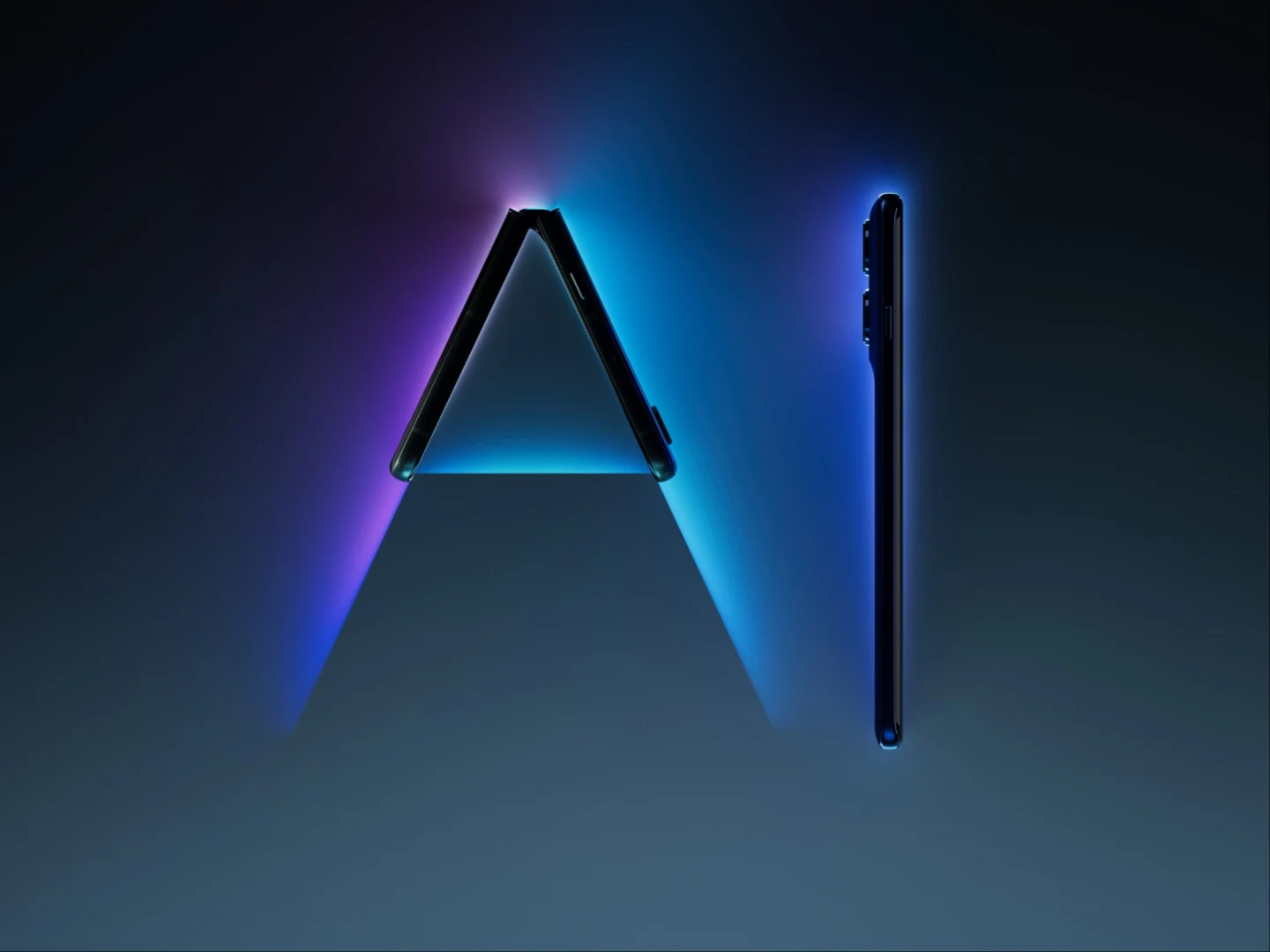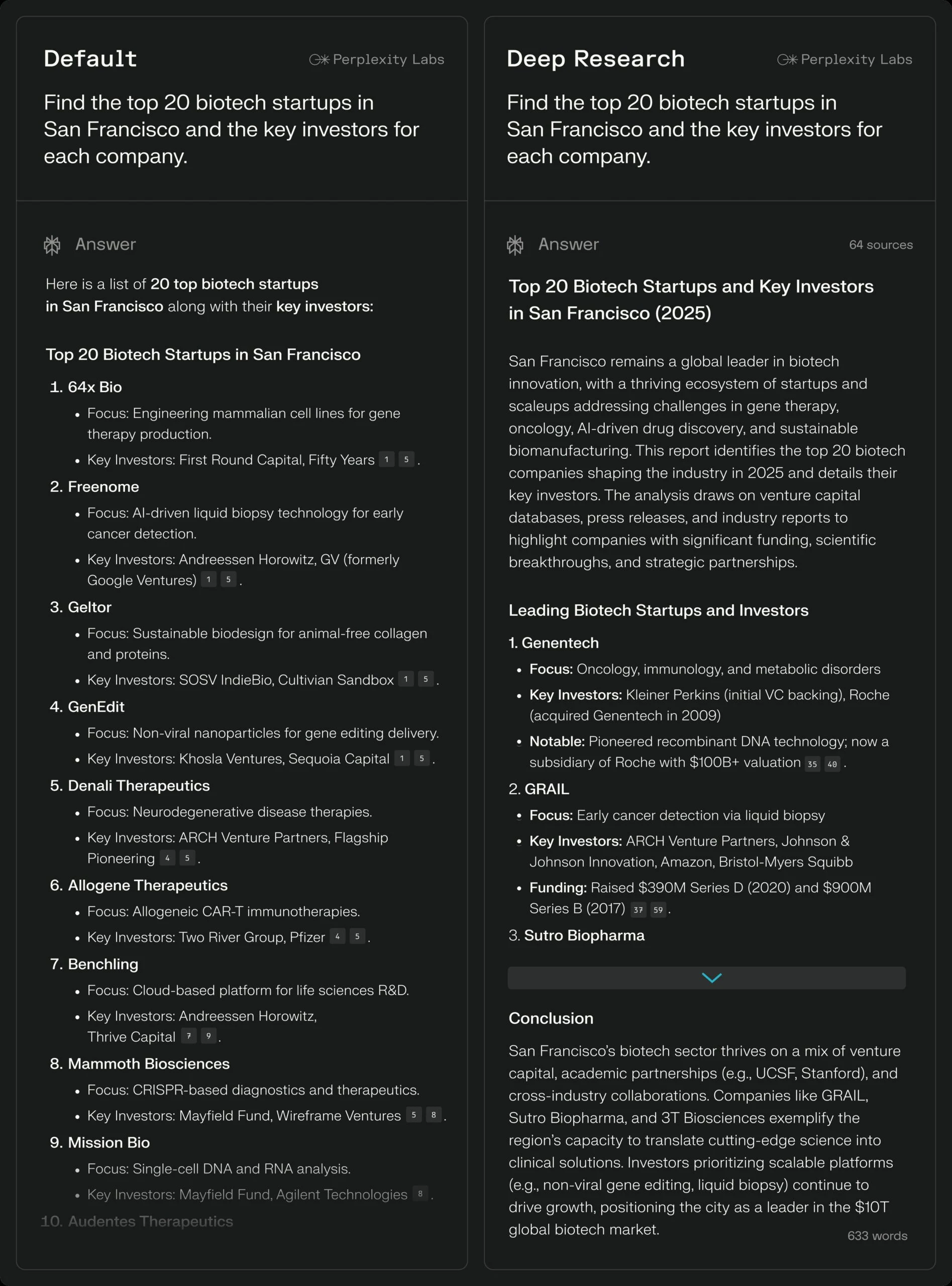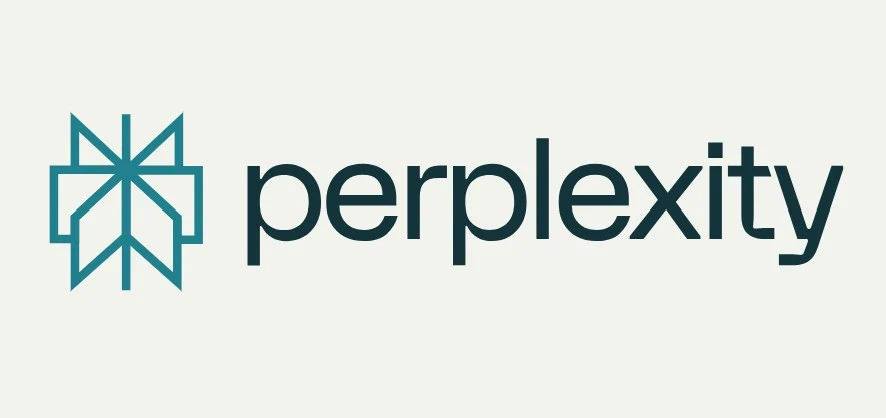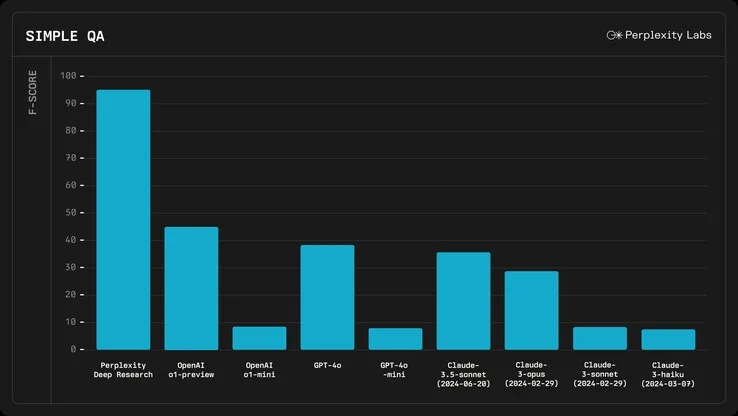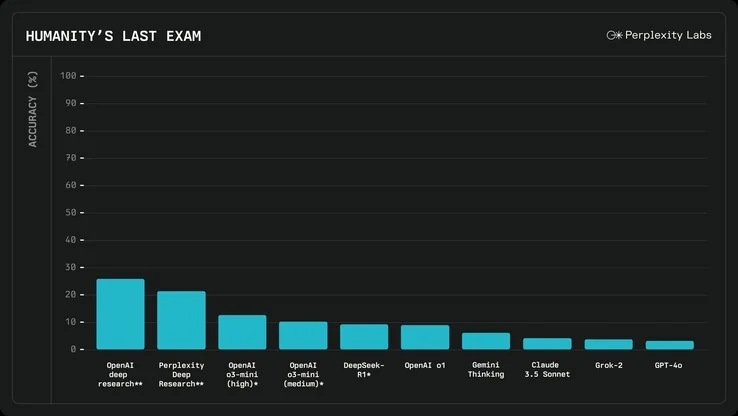Key Takeaways
1. The new Motorola Razr smartphones will launch on April 24, featuring the option to choose the AI assistant, including Perplexity AI.
2. Perplexity AI offers unique features, such as real-time context gathering from social media platforms, competing with established assistants like Google’s Gemini and ChatGPT.
3. Motorola has finalized an agreement with Perplexity for its integration, while Samsung is still in discussions regarding its use.
4. The upcoming Razr 2025 series is expected to include at least two models with advanced specifications, including up to 16GB of RAM and a 4,700 mAh battery.
5. The new models are anticipated to have a 7-inch LTPO AMOLED display with HDR 10+ support and a peak brightness of 4,500 nits, while maintaining the same cover display size as previous generations.
The new Motorola Razr smartphones are set to launch next week on April 24, and users will have the option to select their preferred AI assistant. Traditionally, Motorola has used its own AI system while also providing access to Google’s Gemini. However, a recent report indicates that the upcoming Razr models will feature the Perplexity AI assistant as an alternative to Gemini.
Competition in AI Assistants
Perplexity is a new player in the AI space, competing with established names like Google’s Gemini, OpenAI’s ChatGPT, and DeepSeek. It delivers performance similar to other AI assistants but boasts unique features, including the ability to gather real-time context from social media platforms like Reddit and X. Bloomberg has reported that Perplexity AI will be available as an optional assistant on the upcoming Motorola Razr devices. The marketing materials for the launch have heavily emphasized AI, hinting at significant updates coming with these phones.
Motorola’s Agreement with Perplexity
Both Motorola and Samsung are reportedly collaborating with Perplexity for its AI assistant’s integration into their devices, but Motorola has already finalized an agreement. Meanwhile, Samsung is still in talks, which may result in Perplexity AI being either the default assistant or pre-installed on their smartphones.
Specs and Features of the New Razr
The Motorola Razr 2025 series will be revealed on April 24, with at least two new models anticipated. Recently, comprehensive specifications for the Motorola Razr 60 Ultra were leaked, suggesting it could feature up to 16GB of RAM, as much as 512GB of storage, and a 4,700 mAh battery that supports 67W wired fast charging and 30W wireless charging. Expectations include a 7-inch (1440p) LTPO AMOLED display with HDR 10+ support, a peak brightness of 4,500 nits, and a refresh rate of 165 Hz. However, the cover display is expected to remain the same size as that of the previous generation.
Source:
Link

